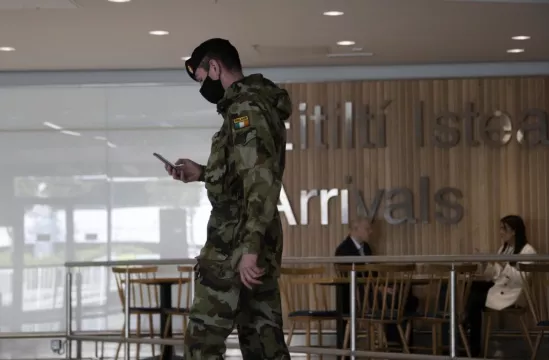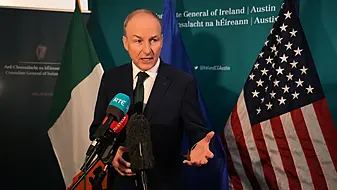An Egyptian fisherman who claimed that he should not have had to undergo mandatory hotel quarantine after he arrived in Ireland has been released, the High Court has heard.
Last week the High Court directed an inquiry into the lawfulness of the detention of 38-year-old Islam Gabin Mohamed Gabin at the Croke Park Hotel in Dublin.
He had returned to his home country in March, while on leave from his employment with Irish-based Atlantic Rose Fishing Company, where he works on a fishing vessel.
Following his return to Ireland on May 22nd, after he flew to Ireland via Istanbul in Turkey, last he was told by officials at Dublin Airport that he had to undergo mandatory hotel quarantine for up to 14 days.
Represented by Darren Lehane SC, Mr Gabin claimed that as a fisherman he was exempt from having to undergo the mandatory hotel quarantine.
He also argued that his detention was unlawful in circumstances where he satisfied the exemptions contained in the relevant regulations introduced due to the Covid19 pandemic.
Prior to arriving in Ireland, he had tested negative for the virus.
Last Thursday Ms Justice Bronagh O'Hanlon directed that an inquiry, under Article 40 of the Constitution, take place into Mr Gabin's allegedly unlawful detention.

When the matter returned before Mr Justice Brian O'Moore on Monday, Mr Lehane told the court that his client had been released from the hotel last Friday, and had returned to work on a fishing vessel.
Arising out of his client's release, the proceedings were now moot and could be struck out, counsel said.
The action had originally been taken against the Doyle Hotels (Holding) Limited which operates the hotel where he had been undergoing quarantine.
Mr Justice O'Moore, after striking out the case, also agreed that the Doyle Hotels should be taken out of the proceedings, and in its places the Minister for Health, Ireland and the Attorney General be made the respondents.
The Judge said he would rule on application by Mr Gabin's lawyers if he is entitled to have his legal costs covered under the state Custody Issue Scheme at a later date.







